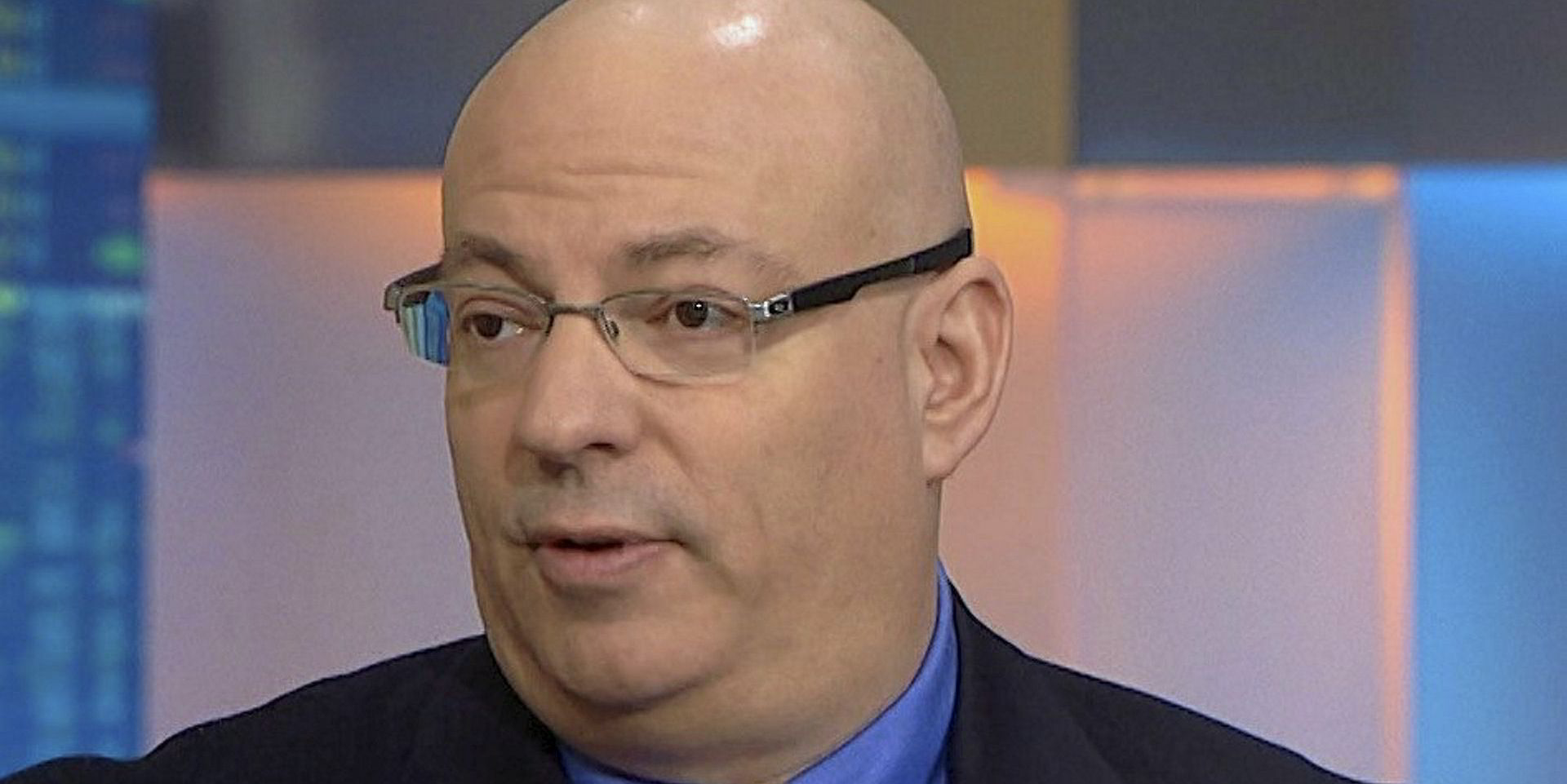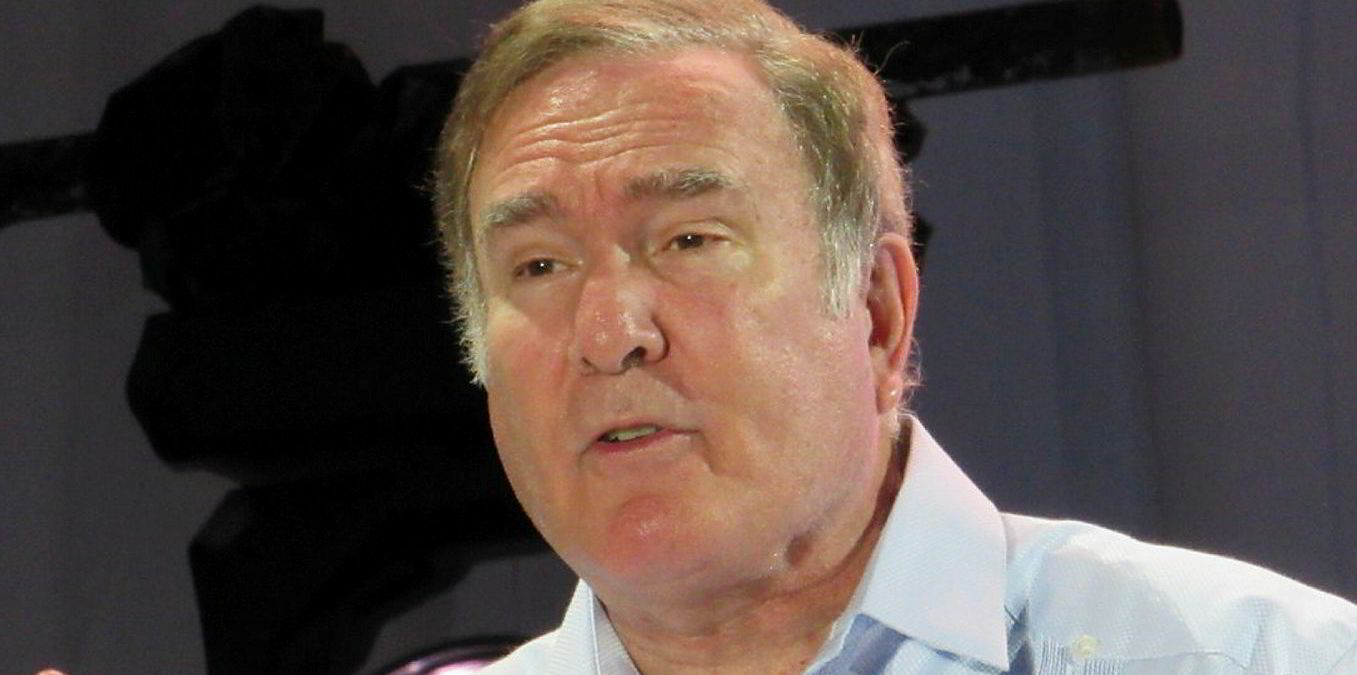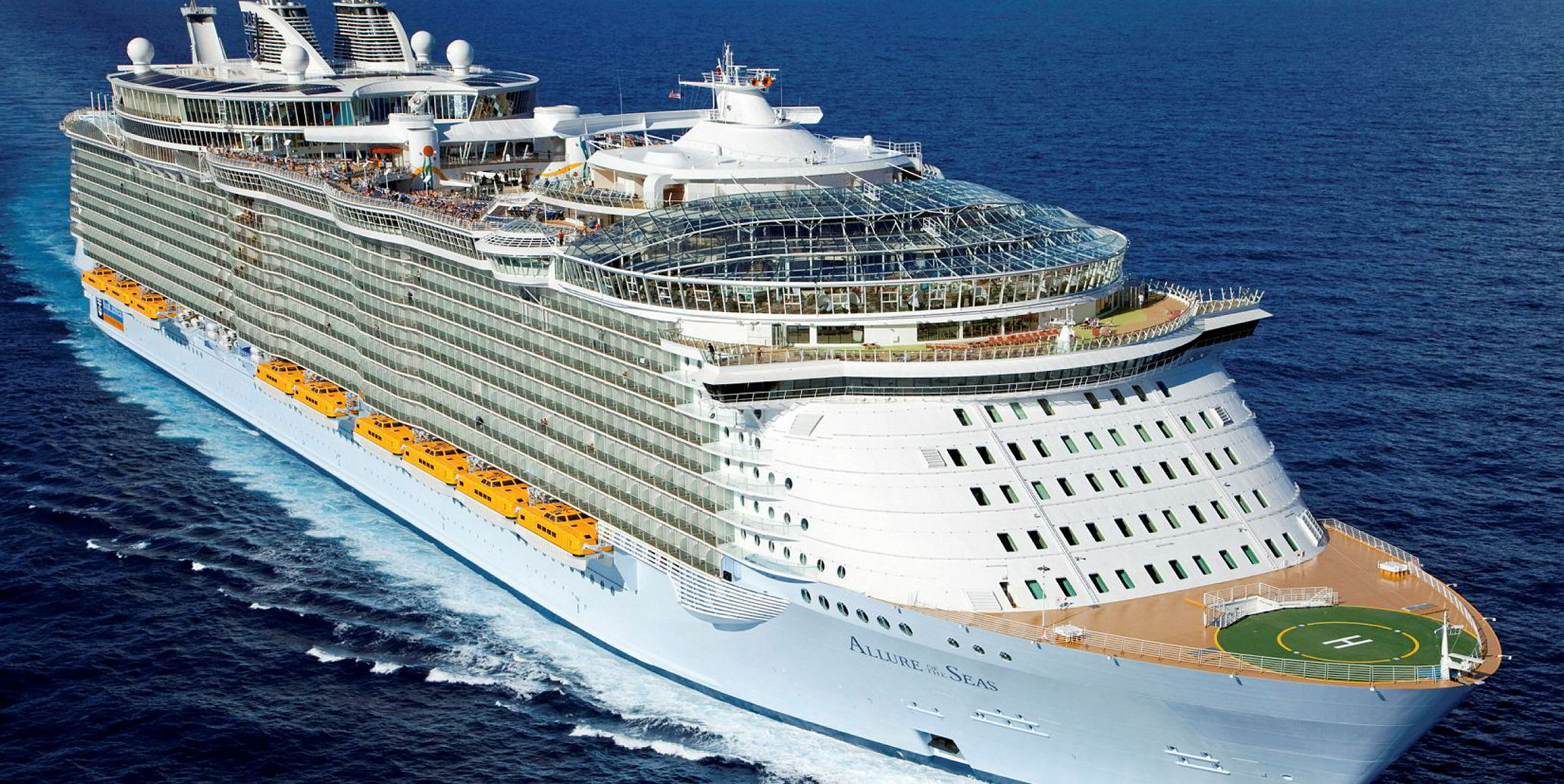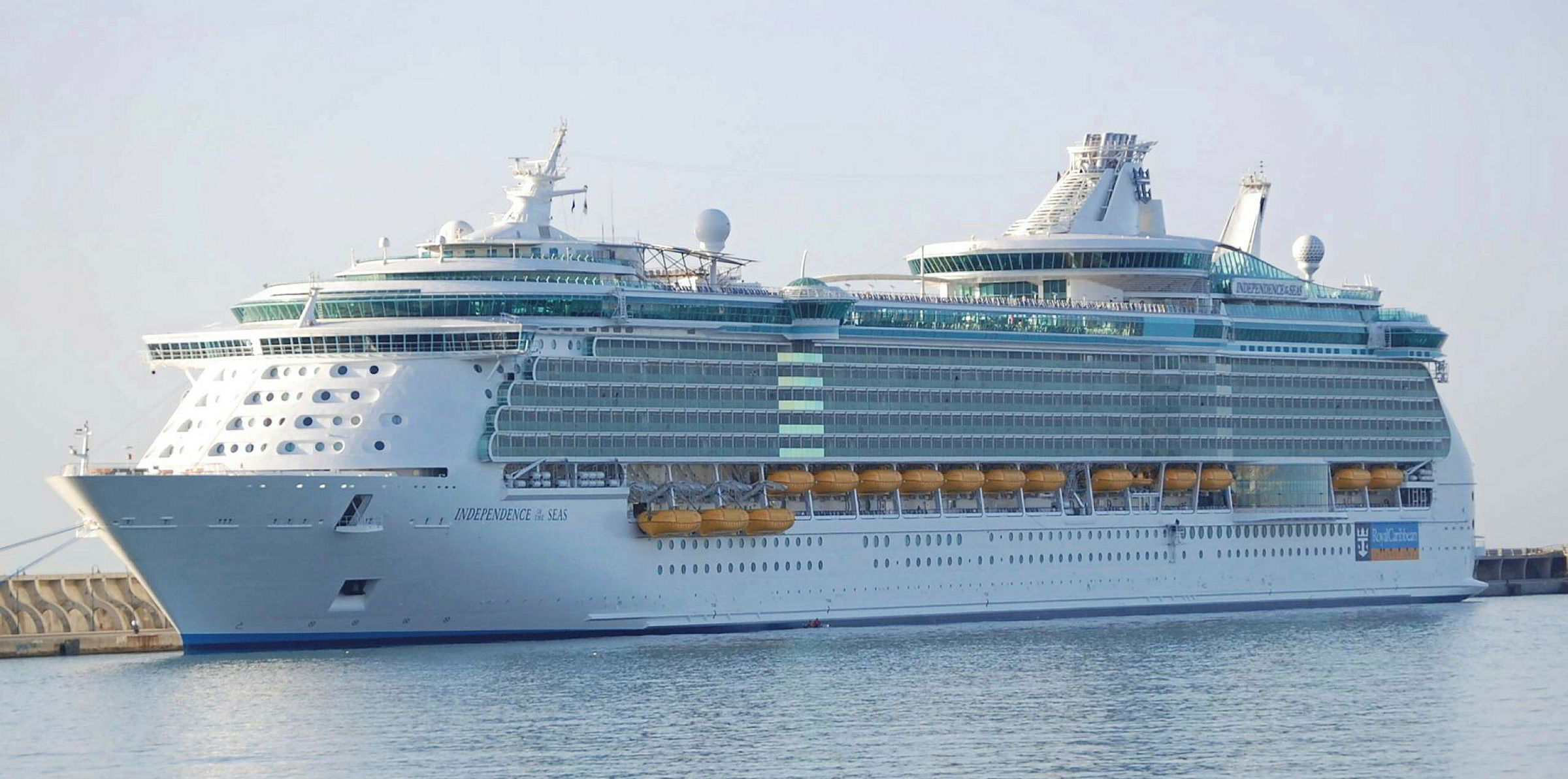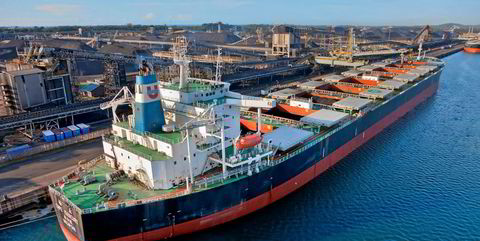Cruise industry analyst Ivan Feinseth is completely confident that the reeling cruise industry will make a full recovery from Covid-19, having done so himself.
The chief investment officer with Tigress Financial Partners was diagnosed with the virus a few weeks ago after coming down with a fever of 100.3 degrees Farenheit (37.9 degrees Celsius) that stayed at around 99 degrees for several days.
"The biggest problem was loss of smell and taste, which was weird," he told TradeWinds.
"I ate chicken soup."
Feinseth has bounced back to full health from the contagious pathogen since then and believes the battered travel segment will do the same after suffering unimaginable losses.
"I am a strong believer in the resiliency of the human spirit," he said.
"Unfortunately, we will have many months of pain, but we will get through this because people will want to be social when all of this is over."
The pandemic has taken the once-booming industry to its knees within a few months by bringing nearly the entire global fleet to a standstill following several onboard outbreaks.
Majors Carnival Corp, Royal Caribbean Cruises and Norwegian Cruise Line Holdings have scrambled for billions of dollars in financing while their share values dropped by just as much.
But Feinseth is still optimistic in the sector's future, noting that Carnival's bookings for 2021 have thus far outpaced those seen in 2019.
"Over 30m people took cruises in 2019," he said.
"This pandemic is an awakening but a vaccine will come."
No cruises until 2021?
The cruise industry should make a comeback from this horrific downturn, but it should not start showing any promise until next year, UBS analyst Robin Farley said.
"While the CDC has ordered cruises from the US stopped till July 19, we think it is unlikely cruise lines would be able to resume cruises in Alaska and Europe for the summer season, and see risk of further suspensions past July 19 in any case," she wrote in a client note.
"As a result, although we may see limited short cruises in the Carib before '21, we don't foresee meaningful cruise operations until next year, unless there is significant change in availability of vaccine, testing, or treatment."
UBS expects hardly any cruise capacity to return during this year's fourth quarter before slowly returning to normal through next year while cabin prices remain at bargain prices for short itineraries to the Caribbean and the Bahamas.
"One benefit of prolonged lay-ups for cruise lines is a substantial portion of fixed costs can be reduced, so expenses are closer to 30% of operating cost for laid-up ships," she wrote.
UBS foresees 75% of the world's cruise fleet returning to service in the second half of 2021 and 80% coming back in 2022.
Meanwhile, Carnival has attained enough financing to pay its bills for the next 13 months without any revenue.
Royal Caribbean and Norwegian have acquired enough to last them 11 months and eight months respectively.
